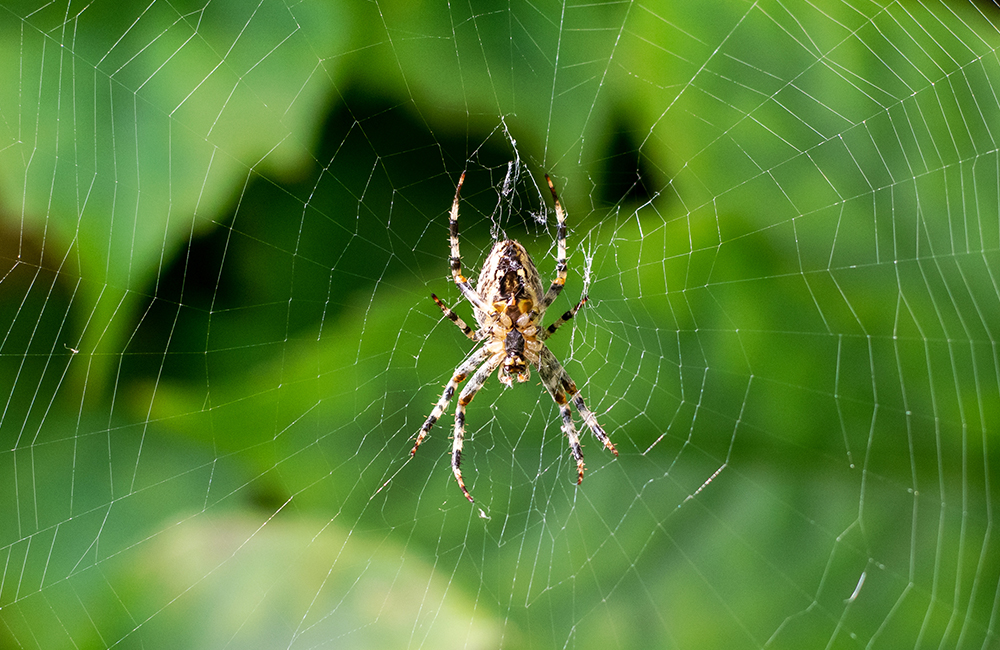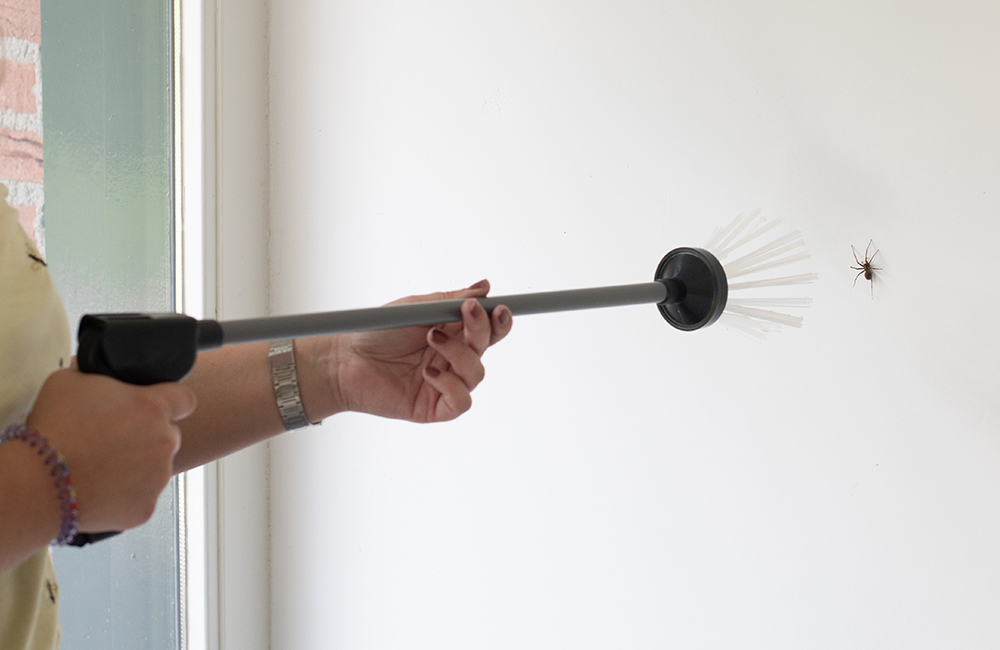As autumn sets in and the days turn chillier and damper, you might notice more eight-legged visitors about. By this time of year, many of the larger species have reached adulthood and are looking for somewhere warm to settle - and our homes can be rather inviting. It’s no wonder September is often dubbed “spider month” in the UK.


Are spiders actually important?
Absolutely. Spiders act as nature’s pest control. They help keep the balance in our ecosystems and prey on hundreds, sometimes thousands, of mosquitoes, midges and flies each year. They’re also prey themselves for birds, hedgehogs, frogs and wasps - so they’re an important part of the food chain.
Kind and easy ways to remove spiders
Not everyone’s fond of sharing their living room with a giant house spider - and yes, some of them can make you jump. Rather than squashing them or hoovering them up, try a more humane method:
- Trap the spider gently under a glass and slide a piece of stiff card beneath, then release it outside.
- If you’d rather not get close, use a purpose-built spider catcher that lets you scoop them up from arm’s length.
Spider FAQ
How many kinds of spiders are there in Britain?
There are roughly 650 species in the UK, from tiny money spiders to orb-weavers and lively jumping spiders. They’re master builders — spider silk is as strong as steel yet six times lighter — and while many species blend into the background, some have striking patterns you might spot in hedgerows late in the season.
Do we really swallow spiders in our sleep?
That’s an old myth. Spiders sense warmth through tiny hairs on their legs, and at around 37°C a human body is far too warm. They’re not interested in crawling into mouths while we sleep.
Spider bites
British spiders aren’t typically aggressive. Most can’t bite through human skin. A few species can give a nip — for example, the noble false widow has been known to bite — but even then, a bee sting is usually more painful. Any itching from a bite generally fades within about half an hour.
Afraid of spiders?
Arachnophobia is common, but you don’t have to reach for the hoover. A glass and a bit of card will do the trick — or use a spider catcher and keep a comfortable distance while you escort the spider back to the garden.


How to avoid letting spiders into your home
Quick tips:
- Seal gaps around doors and windows to reduce winter visitors.
- Keep outdoor lights off at night where possible — they attract insects, which in turn attract spiders.
If you find a spider indoors, move it outside rather than killing it — they do us a favour.

